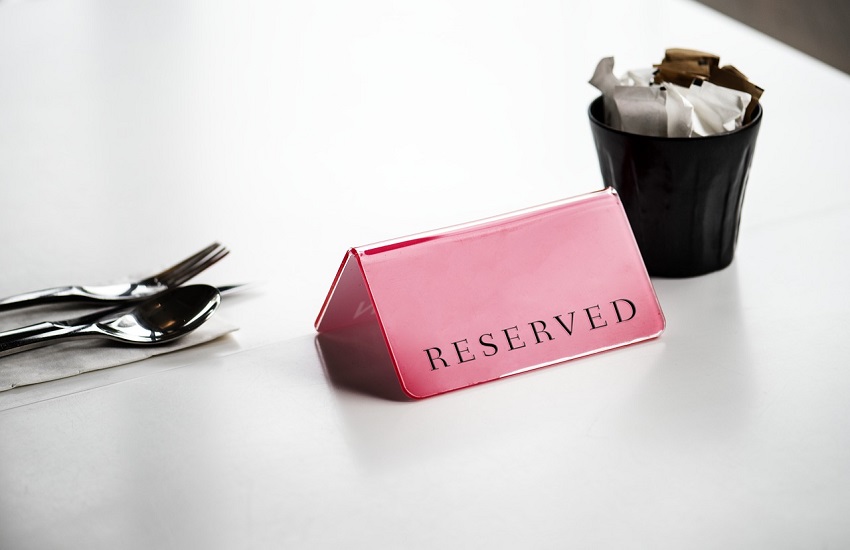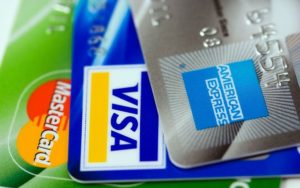
Are you struggling to manage bookings for your restaurant, and failing to turn a profit because many reservations that have been booked in just don’t show up? Well, you’re not alone, no-shows are estimated to account for around 20% of the total restaurant covers across the country, and restaurant owners commonly factor in a 10% dropout rate.
No-shows have always been an issue for restaurants, but there is growing anecdotal concern among business owners that the problem is getting worse. Traditionally reliable earners, such as Valentine’s Day, Mother’s Day and Christmas, have been the worst affected due to a rise in synchronous bookings at different restaurants. Couples or large groups are making reservations at multiple restaurants for the same time and decide which to dine at shortly before the booking is due. Any cancellations are usually last minute if they get in touch at all.
Filling these tables through walk-ins or last-minute bookings is extremely difficult, especially on occasions when most people have already made plans well in advance. This leaves restaurants with empty tables and potential losses on what was meant to be one of their most lucrative days of the year. 
The Business Perspective
Restaurants rely on accurate weekly budgets and forecasts. So why aren’t more restaurants demanding customers’ credit card details at the time of booking? Being able to impose fines on no-shows or late cancellation fees means you wouldn’t have to worry about losing out on crucial revenue.
Usually, this process is handled by software like OpenTable, which ensures that all the information is stored correctly. Fees are normally charged if cancellation isn’t made within a set time period prior to arrival and are charged per person based on the revenue you might expect to lose. Fees can also be applied to partial no-shows, where fewer guests than expected show up—which can be especially useful over the festive period.
However, it’s essential to be wary about the amount you charge. Where the amount demanded for the breach in the contractual promise is disproportionate to the actual loss suffered, it could be classified as a penalty, potentially making it unlawful.
For cancellation fees, it’s important to set a notice period of either 24 or 48 hours before the booking and charge accordingly. Some restaurants may waive these fees if they manage to fill the table with another booking or walk-in. It’s also highly recommended that any cancellation fees are clearly stated in your booking policy’s terms and conditions and are discretionary on the part of the restaurant.
But while implementing credit card booking systems might make sense from a business owner's perspective, what do customers think? And what happens if a customer can’t make their reservation for a genuine reason? 
The Customer Perspective
Firstly, any good cancellation policy should allow for some flexibility when guests do have to cancel because of emergencies. Try to consider each incident on a case-by-case basis.
What happens if a customer tries to cancel by phone but can't get through? Or a member of the party is ill and can't make it? What about if an accident occurs or some unforeseen issue? While charges and fees might put off chronic no-showers, if your restaurant has the toughest cancellation and no-show policy among your competitors, you might struggle to justify it and end up losing business to them.
If prospective customers feel that you don’t trust them enough to turn up, you’re not making a great first impression. Also, if you charge significant fees, some guests might turn to social media or TripAdvisor to vent their frustrations. It is not uncommon for businesses to be threatened with bad reviews by customers who were angry with a restaurant’s cancellation policy.
Communicating your cancellation policy over the phone or in-person can also be awkward and time-consuming, especially considering that an estimated 44% of reservations* are taken at peak service hours. Installing an effective electronic point-of-sale (EPoS) system can help manage reservations. Approximately 45.45% of no-shows don’t cancel their reservation because they can’t find the relevant cancellation details. A good EPoS system can be extremely beneficial because it can help you analyse customer trends and give you the best options for contacting and reminding the customer of their reservation.
But whether you decide to implement cancellation fees and take credit card details at the time of booking is ultimately dependent on your own personal circumstance. You have to weigh up the cost of trying to reduce no-shows against the potential benefits. But remember, the costs might not just be financial—poor communication or unreasonable charges can damage a customer’s trust in your business.
*Source: restaurant-live.co.uk


